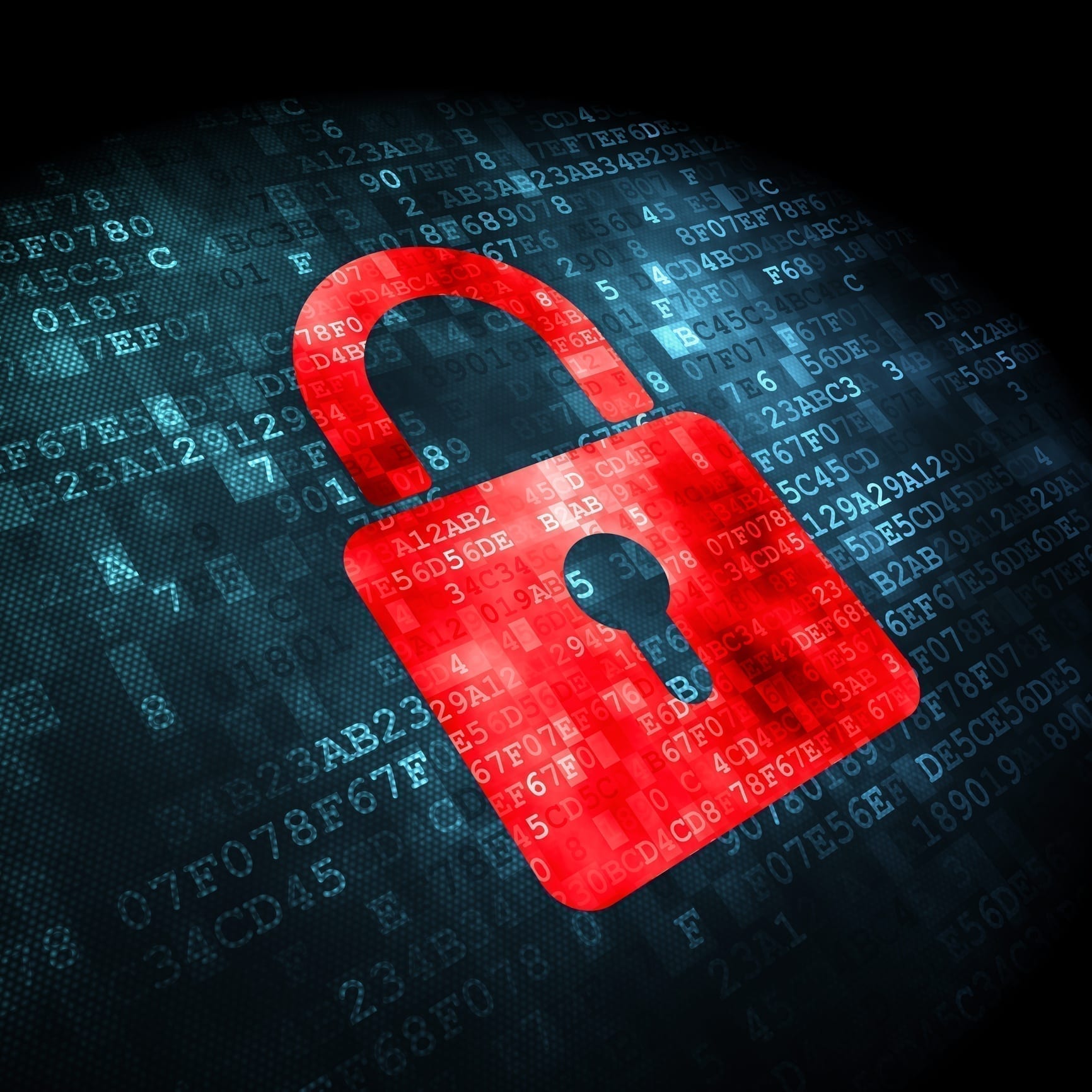
Nowadays, our computers are used for nearly everything. As a result, they contain a ton of our personal information. Information that we don’t want to fall into the wrong hands. Learning how to protect your computer is an invaluable skill that you’ll need for the rest of your life.
Why You Must Protect Your Computer
If you’re not already familiar with the reasons you absolutely have to protect your computer, we’ll give you a few.
- In 2015 alone, hackers exposed over 169 million personal records.
- On average, cybercriminals have access to their victims’ networks for over 200 days before they’re detected.
- A staggering 81 percent of businesses report that they don’t have a managed security system in place.
- An absolutely shocking 99 percent of computers are somewhat vulnerable to exploit kits.
The list goes on. The point is, cyberattacks are both scary and abundant. Without the right protection in place, a thriving business can suffer irreparable damage in the blink of an eye.
.jpg)
Simple Ways to Step Up Security Measures
Install (or Enable) a Firewall
Using a firewall is one of the easiest, most cost-effective ways to protect your computer. To perpetrate their cybercrimes, hackers send out signals to thousands of computers across the Internet. Computers not protected by firewalls will respond to those signals, letting the hacker know that it’s an easy target to infiltrate.
Operating systems sometimes have firewalls built-in. Check to see if yours is one of them, and make sure it’s turned on. If not, consider enabling one. Even a firewall you can download for free is better than no firewall at all.
Use Anti-Virus and Anti-Spyware Software
Many viruses that can potentially destroy your data and crash your computer can be stopped by a solid anti-virus software. Most (but not all) anti-virus packages double as anti-spyware. Check anti-virus software’s documentation to see if yours does, and if not, install one. This way, you can thwart dangerous spyware schemes that steal your personal information without your knowledge.
.jpg)
Set a Strong Password, and Don’t Share It
A simple, predictable password makes your computer extremely vulnerable. Every single time you create an account that requires a new password, it should be strong and unique—meaning it shouldn’t be the same as any of your other passwords. All of those logins will be hard to keep track of, so it’s recommended to use a secure password manager.
Back Up Your Data
In the event that your computer is rendered useless by viruses, or you’re permanently locked out of your files by ransomware, you should have your data backed up on a separate sever. A reliable backup solution should have your data protected on multiple servers, ensuring that it’s preserved no matter what.
Without taking the right security measures, the Internet can be a big, scary place. But take the four steps listed above to help avoid the majority of cyber threats!
{{cta(‘21368358-003c-4f37-b530-9631af96b096′,’justifycenter’)}}





